
Bethany Brookshire
Bethany Brookshire was the staff writer at Science News for Students from 2013 to 2021. She has a B.S. in biology and a B.A. in philosophy from The College of William and Mary, and a Ph.D. in physiology and pharmacology from Wake Forest University School of Medicine. She is also a host on the podcast Science for the People, and a 2019-2020 MIT Knight Science Journalism Fellow.

Trustworthy journalism comes at a price.
Scientists and journalists share a core belief in questioning, observing and verifying to reach the truth. Science News reports on crucial research and discovery across science disciplines. We need your financial support to make it happen – every contribution makes a difference.
All Stories by Bethany Brookshire
-
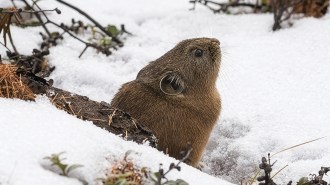 Life
LifeThere’s life beneath the snow, but it’s at risk of melting away
An array of animals and plants survive winter in the subnivium, nature’s igloo. But climate change is threatening this hidden seasonal ecosystem.
-
 Health & Medicine
Health & MedicineThis newfound cascade of events may explain some female gut pain
Gut problems like irritable bowel syndrome are often worse in women. A mouse study reveals a pain pathway involving estrogen, gut cells and bacteria.
-
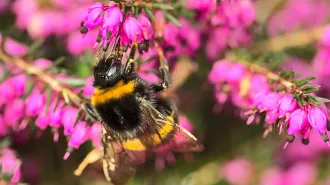 Animals
AnimalsTrucked-in honeybees may edge out bigger bumblebee foragers
The finding could guide beekeepers to keep hives out of most vulnerable areas of the Irish heathlands.
-
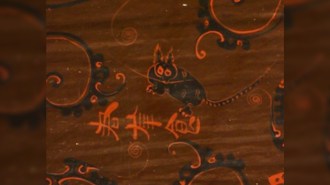 Animals
AnimalsAncient DNA reveals China’s first ‘pet’ cat wasn’t the house cat
The modern house cat reached China in the 7th century. Before that, another cat — the leopard cat — hunted the rodents in ancient Chinese settlements.
-
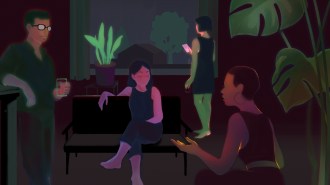 Life
LifeWe all have a (very tiny) glow of light, no movie magic needed
Normal cellular processes in living things — from germinating plants to our own cells — create biophotons, though escaping light isn’t visible to us.
-
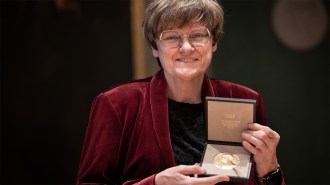 Science & Society
Science & SocietyNobel Prizes honor great discoveries — but leave much of science unseen
The Nobel Prize might be the most famous science prize but it celebrates just a narrow slice of science and very few scientists.
-
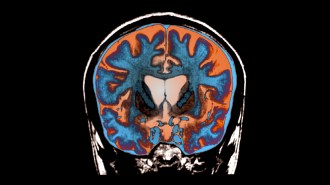 Health & Medicine
Health & MedicineIn a first, Huntington’s disease is slowed by an experimental treatment
An experimental gene therapy slowed Huntington’s by up to 75 percent in a small clinical trial. While not a cure, it may give patients longer lives.
-
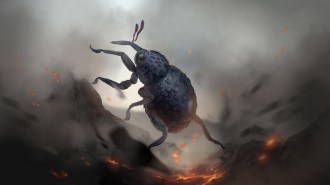 Animals
AnimalsThe phoenix isn’t the only critter to survive the flames
There are no real phoenixes hiding anywhere. But science has revealed that some living things can take quite a bit of heat.
-
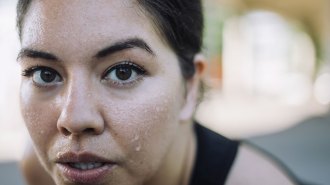 Humans
HumansForget discrete droplets. This is how sweat really forms
The most-detailed look yet at how we perspire reveals that beads of sweat are out, puddling is in.
-
 Animals
AnimalsA dog’s taste for TV may depend on its temperament
Anxious dogs might react nervously to some television sounds, a survey of dog owners reports, while hyper ones might try to play chase.
-
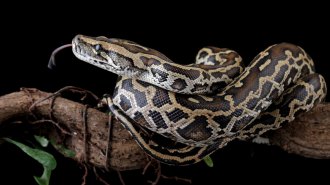 Animals
AnimalsA newly discovered cell helps pythons poop out the bones of their prey
The cells helps the snakes absorb the bones of their prey — and might show up in other animals that chomp their meals whole.
-
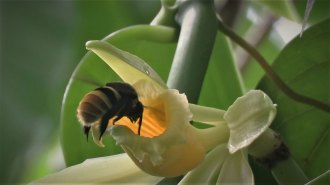 Climate
ClimateClimate change could separate vanilla plants and their pollinators
The vanilla species grown for its flavoring is finicky. Genes from its wild relatives could help make it hardier — but not if those cousins go extinct.